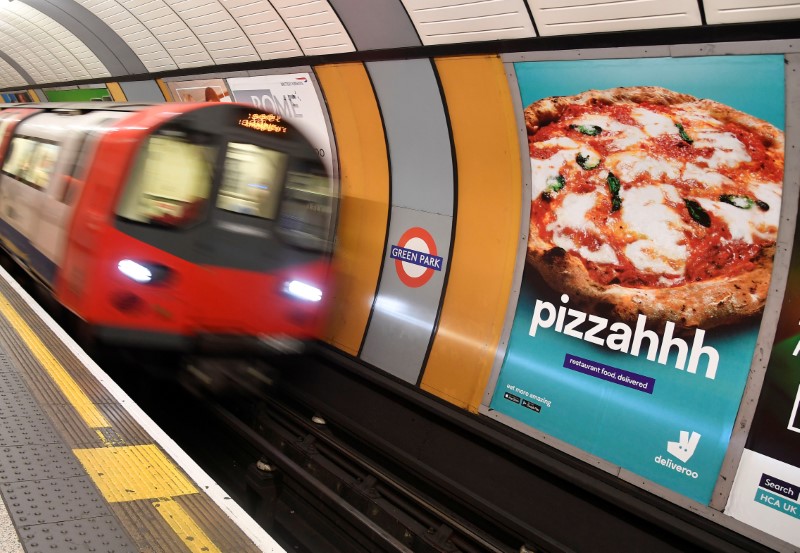By Catherine Reynolds
Investing.com -- The British economy grew by less than expected in October, as supply chain issues and sharply rising input costs hit key sectors such as construction and car retail.
U.K. gross domestic product rose only 0.1% in October, below a consensus forecast of 0.4% and down from 0.6% in September. The construction sector contracted particularly sharply, by 1.8%, the largest fall since April 2020. The sector is 2.8% below its pre-pandemic level. October's fall in construction output was largely due to a drop off in new work. Industrial production also fell 0.6%, due largely to maintenance at oil and gas fields in the North Sea.
Monthly figures from the Office for National Statistics (ONS) showed that U.K. GDP remains 0.5% below its pre-pandemic February 2020 level.
Services continue to underpin the British economy, accounting for the 0.9% growth in GDP in the three months to October 2021. The sector's output overall is back to pre-Covid levels thanks to the gradual easing of restrictions over the last six months. That included, notably, the reopening of the hospitality and entertainment sectors in the summer.
The biggest driver of October's growth in services came from human health and social work activities, which climbed by 3.5% with an increase in face-to-face appointments at doctors' surgeries in England, the ONS said.
The data had little effect on the British pound, which has already slumped this week on the assumption that the spread of the Omicron variant of Covid-19 will force the Bank of England to delay its first interest rate hike again when its Monetary Policy Council meets next week. By 3:35 AM ET (0835 GMT), the pound was down less than 0.1% at $1.3214.
Susannah Streeter, senior investment and markets analyst at Hargreaves Lansdown (LON:HRGV), said the sluggish GDP figures meant the Bank of England's interest rate dilemma had intensified.
‘’The latest reading for the economy shows just how vulnerable the economy was to a fresh shock," Streeter said, adding: "The spread of the Omicron variant is now set to be the body blow, sending the recovery reeling, while prices continue to climb. Although a rate rise can’t be completely ruled out next week, most bets are off that the Bank will push them up so soon. A rate rise in February is more likely to be on the table, as the inflation kettle is set to be whistling loudly by then.’’
